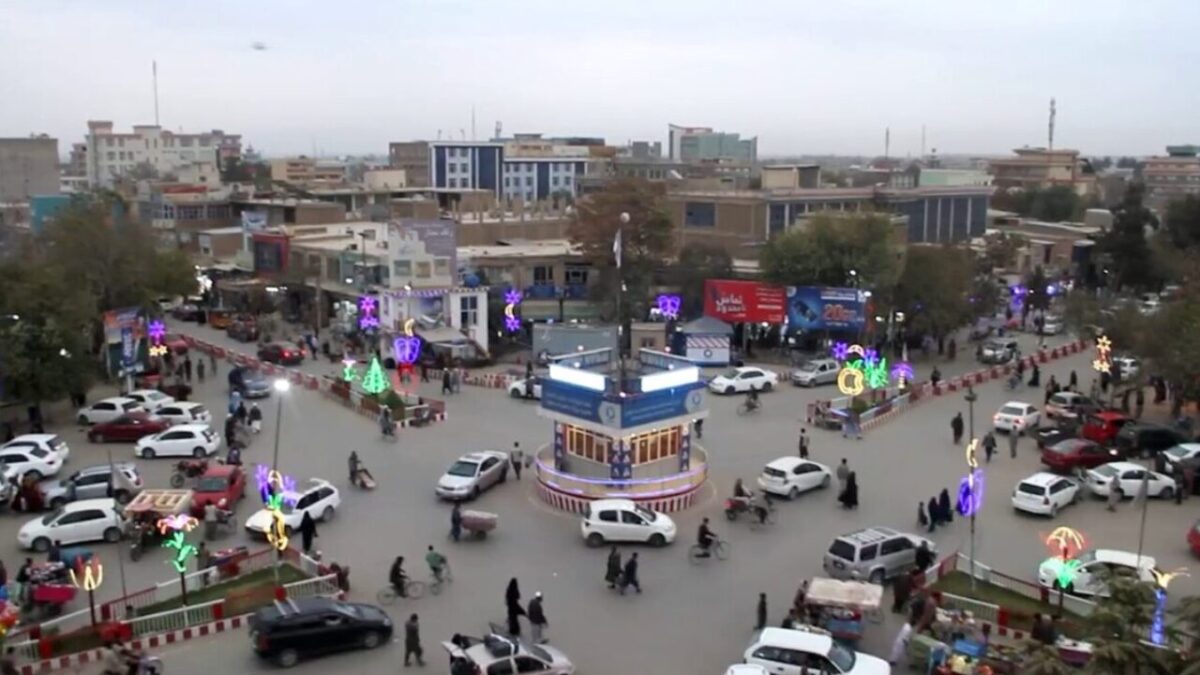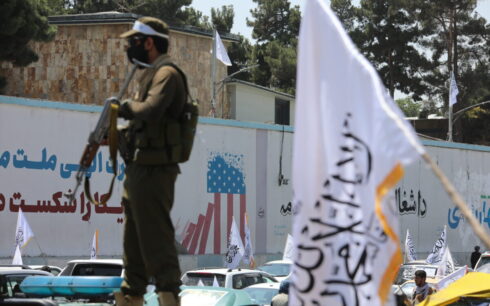The northeastern province of Kunduz has witnessed five attacks by anti-Taliban groups and a suicide bombing claimed by ISIS-K, marking a surge in security incidents over the past nine days, an Amu TV review has found.
The attacks, attributed to the National Resistance Front (NRF) and the Afghanistan Freedom Front (AFF), have primarily targeted Taliban security posts and checkpoints. Meanwhile, the suicide bombing at Kabul Bank in Kunduz on February 12 was among the deadliest incidents, with ISIS-Khorasan claiming responsibility.
While the Taliban reported five deaths and seven injuries, local sources told Amu TV that at least 25 people were killed, including civilians and a university professor.
Over the past week, local sources reported at least five clashes and explosions targeting Taliban security posts in Kunduz:
February 17 – The Resistance Front claimed responsibility for an attack on a Taliban checkpoint in Kunduz’s Seventh District.
February 19 – The Resistance Front reported two separate clashes in Angur Bagh, Aliabad district, and Charkhab in the Fourth District of Kunduz.
February 19 – The Freedom Front claimed responsibility for an attack on a Taliban checkpoint at Abdul Raziq Square.
February 20 – A jointly claimed attack by both groups targeted a Taliban security post in Bala Hisar.
The neighboring province of Takhar has also seen occasional attacks against Taliban forces, though security dynamics remain fluid.
Amid the rising unrest, Taliban leader Hibatullah Akhundzada recently appointed Samiullah Hezbollah as the new governor of Takhar. Sources describe him as a trusted figure within the Taliban leadership, previously serving as police chief in Kandahar.
Taliban have not publicly acknowledged these recent attacks, maintaining their longstanding position of denying the operational impact of opposition groups.
Taliban spokesman Zabihullah Mujahid previously dismissed the Resistance and Freedom Fronts, saying:
“Some groups calling themselves the Resistance Front or other factions making claims have now reached the stage of setting off firecrackers, where they detonate small explosions, claim responsibility, and insist that five Taliban members were killed.”
Kunduz, which fell to the Taliban twice under the previous government, was one of Afghanistan’s most volatile provinces before the group’s return to power in 2021.
With a rising wave of armed opposition, the province may once again become a battleground for anti-Taliban forces, raising questions about the Taliban’s ability to maintain control in the region.





